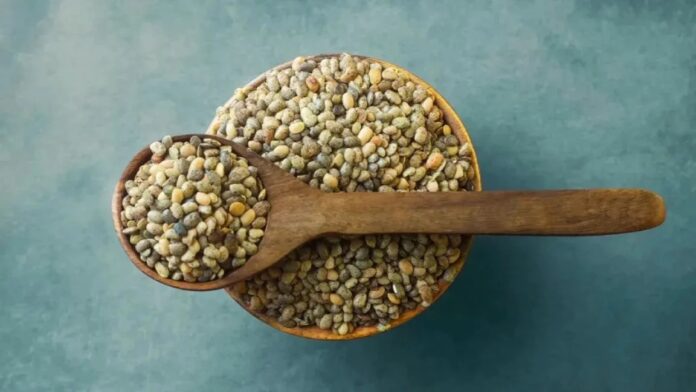In the world of nutrition, the spotlight is often on superfoods that promise health benefits. One such underrated gem is Kulthi, also known as horse gram.
Originating from India, this nutritional legume has been a staple in traditional diets for centuries and its health benefits are unmissable.
What is Kulthi (Horse gram)?
Kulthi, scientifically known as Macrotyloma uniflorum, is a drought-resistant legume commonly found in India, Southeast Asia, and Africa. Characterised by its small, kidney-shaped beans with a reddish-brown hue, Kulthi has a unique nutty flavour that adds depth to various dishes. It has long been used in Ayurvedic medicine for its medicinal properties.
What are the health benefits of consuming Kulthi?
Rich in protein
Kulthi stands out for its impressive protein content, making it an excellent plant-based protein source. This is particularly beneficial for vegetarians and vegans seeking alternative protein options than meat.
High fibre content
The high fibre content in Kulthi contributes to improved digestion and helps in managing weight. It aids in preventing constipation and promotes a healthy gut microbiome.
Low in fat
For those watching their fat intake, Kulthi is a smart choice. It provides essential nutrients without adding excessive calories from fat.
Source of iron and calcium
Kulthi is a rich source of iron and calcium which are essential minerals for the body. Incorporating it into the diet may help in preventing iron deficiency anaemia and maintaining strong bones.
Diabetes management
Research suggests that Kulthi possesses properties that may aid in controlling blood sugar levels making it a potential dietary addition for those managing diabetes.
Antioxidant properties
The legume is packed with antioxidants that combat oxidative stress and might help in reducing the risk of chronic diseases and supporting overall well-being.
Heart health
Kulthi has been linked to cardiovascular benefits, including the reduction of cholesterol levels. Its fibre content, combined with other nutrients, may contribute to a heart-healthy diet.


